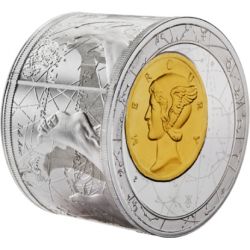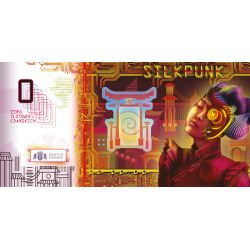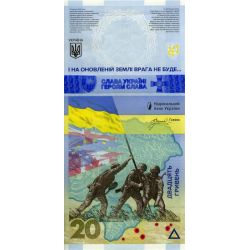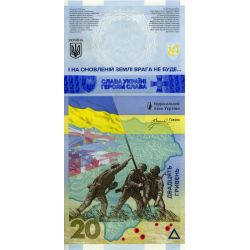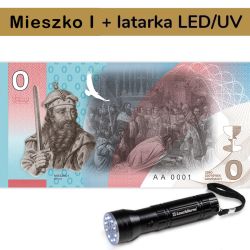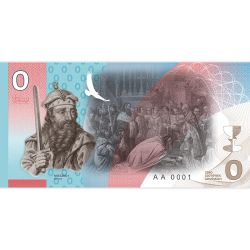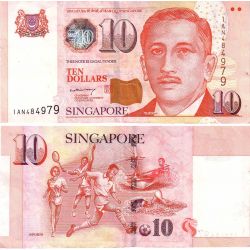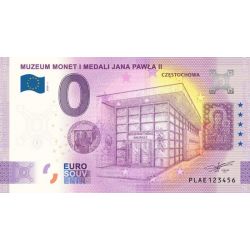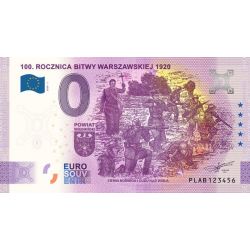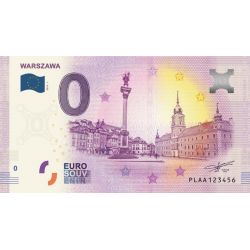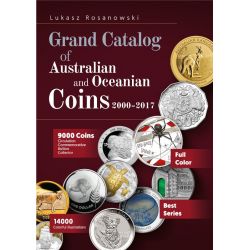To order
There are 14 products.
Available
Silkpunk 2023, collector's bon - The Punk Universe
Collector's banknote, 9 security features against counterfeiting
Price
PLN69.00
Availability: 656 In Stock
To order
20 Hryvnia WE WILL NOT FORGIVE! - commemorative...
Banknote
Price
PLN69.00
Availability: Out of stock
To order
20 Hryvnia WE WILL NOT FORGIVE! - commemorative...
Banknote
Price
PLN89.00
Availability: Out of stock
Available
SET: Mieszko I, collector's bon + Torch UV/LED
Torch UV/LED + Collector's banknote, 14 security features against counterfeiting
Price
PLN135.00
Availability: 21 In Stock
Available
Mieszko I, collector's bon
Collector's banknote, 15 security features against counterfeiting
Price
PLN79.00
Availability: 3300 In Stock
Available
SET: Cyberpunk 2022, collector's bon + Torch...
Torch UV/LED + Collector's banknote, 9 security features against counterfeiting
Price
PLN135.00
Availability: 26 In Stock
Available
Cyberpunk 2022, collector's bon - The Punk...
Collector's banknote, 9 security features against counterfeiting
Price
PLN79.00
Availability: 2091 In Stock
Available
Available
Available
Available
To order
Available
Grand Catalog of Australian and Oceanian Coins
2000 - 2017
Price
PLN199.00
Availability: 28 In Stock

